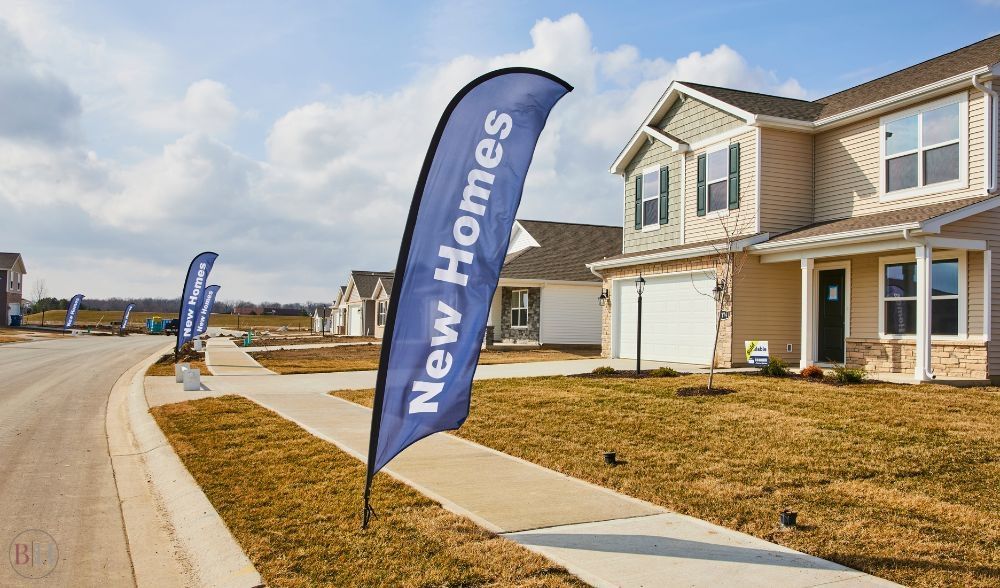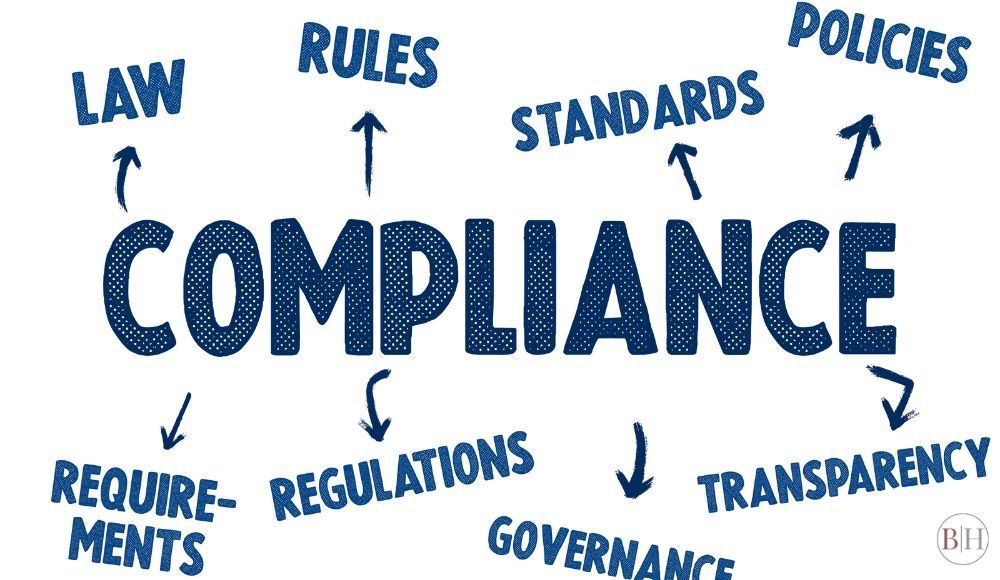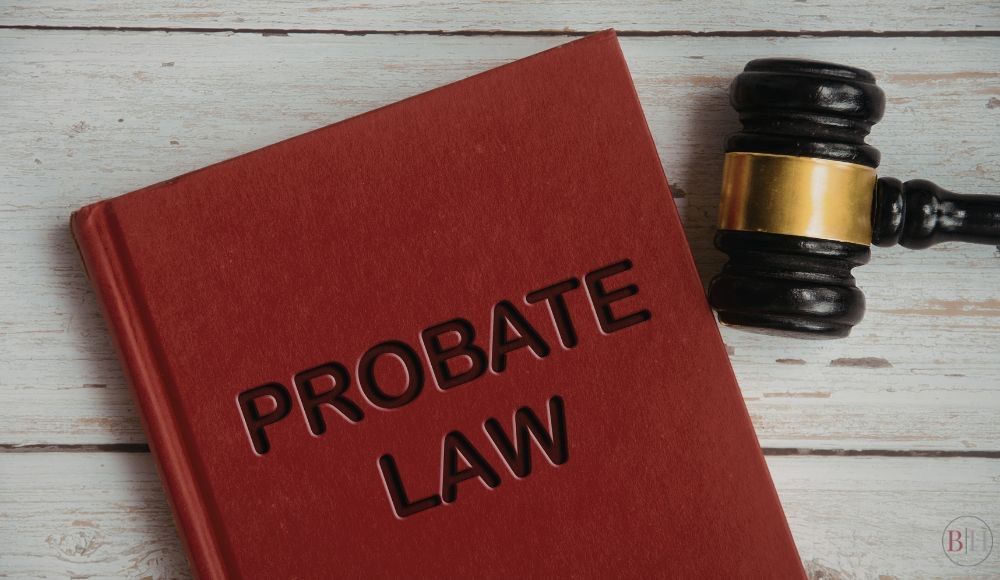Zoning Laws and Real Estate Development

Zoning laws are regulations established by local governments (such as cities or counties) that determine how owners may use land within specific areas. These municipal laws promote orderly development, protect property values, and separate incompatible land uses, such as keeping industrial facilities out of residential neighborhoods. Common zoning categories include residential, commercial, industrial, agricultural, and mixed-use, each with its own set of rules regarding what can be built, building size, height, setbacks, and density.
Zoning Laws and Real Estate Development
Zoning laws dictate what types of buildings can be constructed, how builders may use them, and the scale of development permitted on a property. For example, a residential zone might only allow single-family homes, while a commercial zone could permit retail stores or offices.
Beyond use, zoning laws regulate building height, lot coverage, setbacks from property lines, and the number of units per acre. These rules help manage population density, traffic, noise, and the overall character of a community.
Some areas may have overlay zones (e.g., historic or environmental protection districts) that impose additional restrictions or requirements.
Navigating Local Zoning Laws
Before purchasing land or commencing construction, developers and property owners must thoroughly research local zoning ordinances to ensure their plans comply with the regulations. This step is crucial to avoid costly delays or legal issues.
Obtaining the necessary permits requires applications and approvals from local planning departments or zoning boards. This process can be complex and time-consuming, involving building codes, environmental impact assessments, and sometimes public hearings.
Consulting with real estate attorneys or zoning specialists helps navigate these complexities and increases the chances of project approval.
Challenges in Obtaining Approvals
Zoning laws can be restrictive. They can limit the types of development allowed in certain areas, potentially increasing project costs or timelines. Many zoning changes or special permits require public hearings, during which community members can voice their concerns or objections. This process can delay or derail projects if not managed effectively.
Insufficient documentation or failure to demonstrate how a project benefits the community can lead to the denial of zoning applications. Many variance applications are denied due to a lack of proper justification.
Variances and Exceptions
A variance allows a property owner or developer to deviate from existing zoning regulations, typically when strict compliance would cause undue hardship or practical difficulties. Variances are subject to local government approval and often require public hearings.
Zoning boards may permit certain uses in a zone only under specific conditions or with a special permit, which they grant after reviewing and considering public input.
If a project does not fit within current zoning, property owners or developers can request a zoning change. This process is typically more involved, requiring public hearings and demonstrating that the change aligns with community planning goals.
Contact the Real Estate Lawyers at Bingaman Hess Today
Experience the benefits of working with a real estate lawyer. Contact Bingaman Hess to schedule a consultation with one of our experienced real estate law attorneys. Our seasoned legal professionals bring a wealth of skill and experience to every case, ensuring you receive the highest level of representation and personalized attention.
This article is for informational purposes only and does not constitute legal advice. No one may rely on this information without consulting an attorney. Anyone who attempts to use this information without attorney consultation does so at their own risk. Bingaman Hess is not and shall never be responsible for anyone who uses this information. It is not legal advice.









